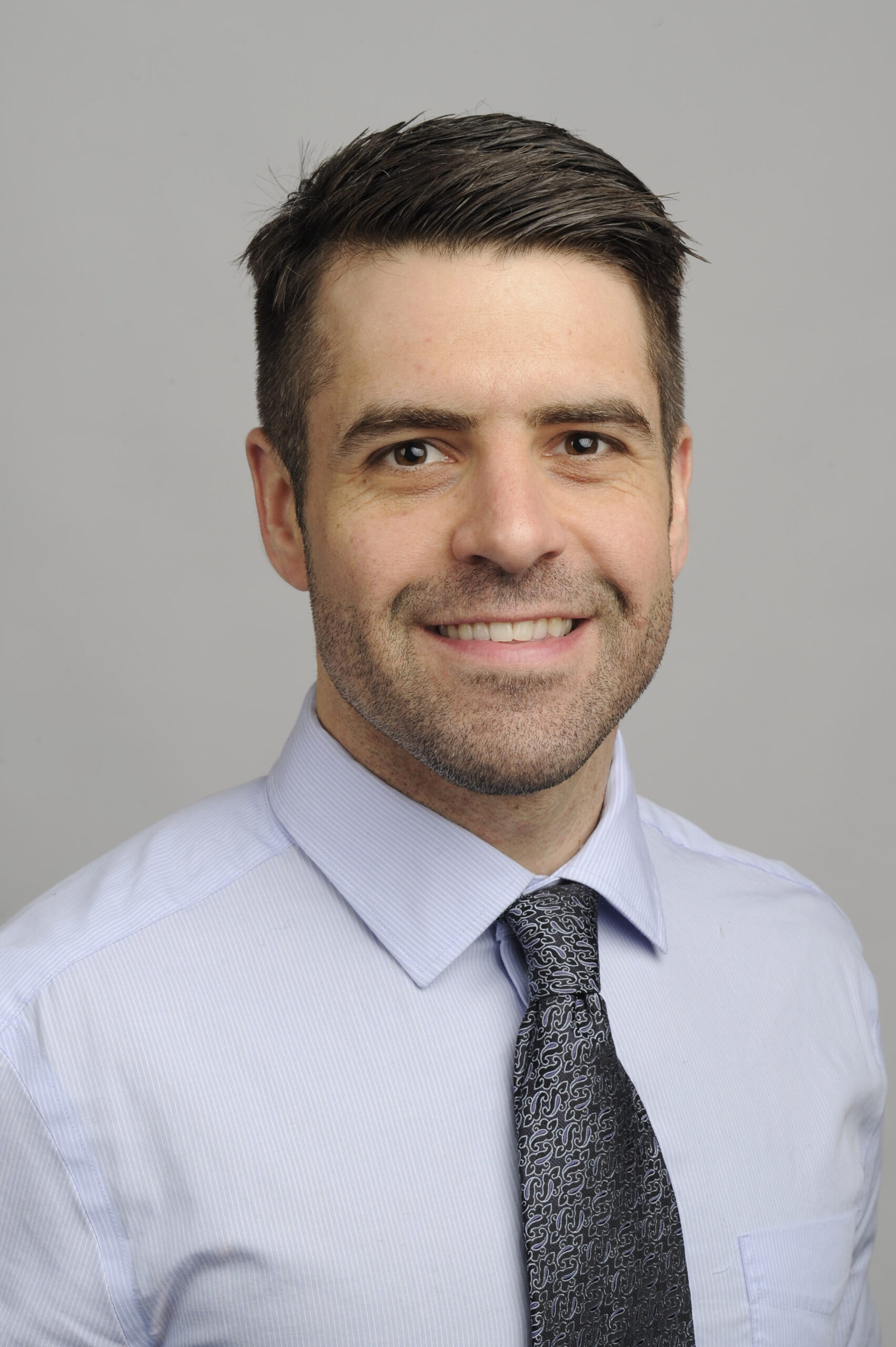Research
Our research focuses on the effects of different oxygen tensions and immunosuppressive Gs-protein coupled A2A adenosine receptor (A2AR) signaling in inflamed and cancerous tissues. Through pharmacological, physiological and gene-targeting approaches, these studies aim to further our understanding of the tumor- protecting mechanisms that inhibit anti-tumor immunity. These observations led to the current understanding that tumor hypoxia (low oxygen) and the accumulation of extracellular adenosine represent a major immunosuppressive barrier that prevents immune-mediated tumor eradication (i.e. hypoxia-adenosinergic immunosuppression). Our recent genetic and pharmacological evidence have directly implicated the blockade of the A2AR – but not the A2BR – as a feasible and translatable approach to improve the immunotherapy of cancer, providing support for ongoing clinical trials by Pharmaceutical and Biotech. Industries.
By tracking this immunosuppressive mechanism further upstream, our research has also demonstrated the powerful immune-enhancing effects of oxygenation of the tumor microenvironment (TME). These studies were the first to uncover the molecular mechanisms of the therapeutic reversal of tumor hypoxia. Oxygenation was shown to reprogram the tumor metabolome, proteome and cytokine/chemokine profile, thereby converting the TME from immunosuppressive to immunopermissive. Oxygen-mediated tumor rejection was shown to be entirely T cell and Natural Killer cell-dependent, thereby justifying the testing of oxygen and oxygenation agents as immunological co-adjuvants to combine with existing immunotherapies of cancer and infectious diseases. The impact of these studies established the industry of repurposing anti-hypoxia and oxygenation agents for cancer immunotherapy to oxygenate tumors directly or to target hypoxic areas.

